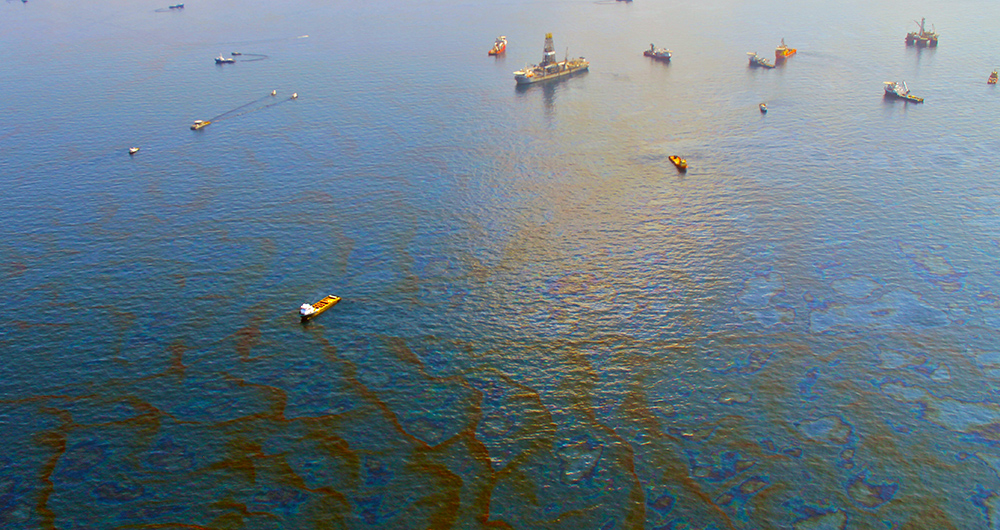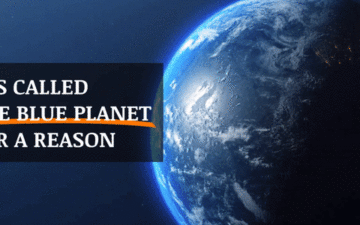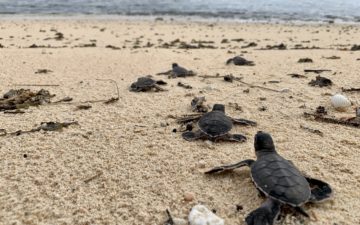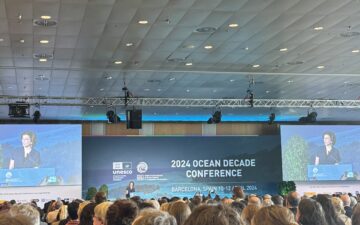For those who care about our ocean, the life within, and the human communities that depend on a healthy ocean— the specter of expanding industrial use of the ocean threatens all of the work that is being done to address the existing harm from human activities. As we try to reduce dead zones, increase fish abundance, protect marine mammal populations from harm, and promote a positive human relationship with the ocean on which all human life depends, the last thing we need is expanded offshore oil drilling. That oil production in the United States is at record levels means that we do not need to generate further harm and further risk through oil and gas discovery and extraction processes.
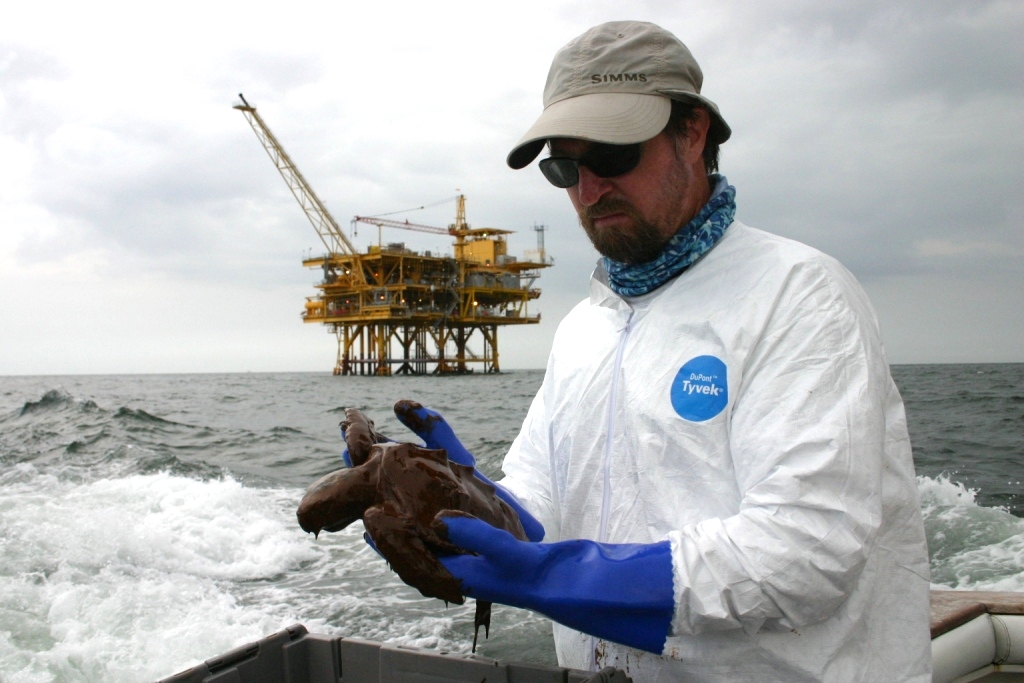
Turtle covered in oil near Gulf of Mexico, 2010, Florida Fish and Wildlife/Blair Witherington
Major oil spills are like big hurricanes— they are imprinted on our collective memory: the 1969 Santa Barbara spill, the 1989 Exxon Valdez spill in Alaska, and the BP Deepwater Horizon disaster in 2010, which dwarfs all the others in US waters. Those who experienced them or witnessed their effects on TV—cannot forget them—Blackened beaches, oiled birds, the dolphins who cannot breathe, the fish kills, the unseen smothered communities of shellfish, sea worms, and other links in the web of life. Each of these accidents led to improvements in safety and operations oversight, processes to compensate for disruption of human activity and harm to wildlife, and the establishment of sanctuaries in which oil drilling was not permitted as a means of protecting other ocean uses—including whale watching, recreation, and fishing—and the habitats that supported them. But the harm they caused continues today—measured in loss of abundance of such species as herring, reproductive issues in dolphins, and other quantifiable effects.
-The Houma Courier, 1 January 2018
There are many serious oil spills that don’t make the front page or the top of the news hour. Many people missed the major spill in the Gulf of Mexico in October 2017, where a relatively new deep water rig leaked more than 350,000 gallons. Not only was it the largest spill since the BP disaster, the volume spilled was easily enough to rank the spill in the top 10 in the amount of oil released into ocean waters. Likewise, if you’re not a local, you probably don’t remember the tanker grounding off of Nantucket in 1976, or the grounding of the Selendang Ayu in the Aleutians in 2004, both of which are in the top ten spills in volume in US waters. Accidents such as this seem likely to become more frequent if operations are going to move into increasingly high risk areas—thousands of feet below the surface and out into unsheltered offshore waters and extreme conditions such as the Arctic.
But it is not just the risk of things going wrong that makes expanding offshore oil drilling a short-sighted, unnecessary harm to our ocean waters. Many negative effects of offshore oil drilling operations are not related to accidents. Even before construction of rigs and extraction begins, the air gun blasts that define seismic testing harm wildlife and disrupt fisheries. The footprint of oil and gas extraction in the Gulf of Mexico includes 5% coverage by oil rigs, and thousands and thousands of miles of pipelines snaking across the sea floor, and the steady erosion of the life-giving coastal marshes that buffer our communities from storms. Additional harms include increased noise in the water from drilling, transport, and other operations, toxic loading from drilling muds, damage to habitat from increasingly large networks of pipelines installed on the ocean floor, and adverse interactions with marine animals, including whales, dolphins, fish, and seabirds.
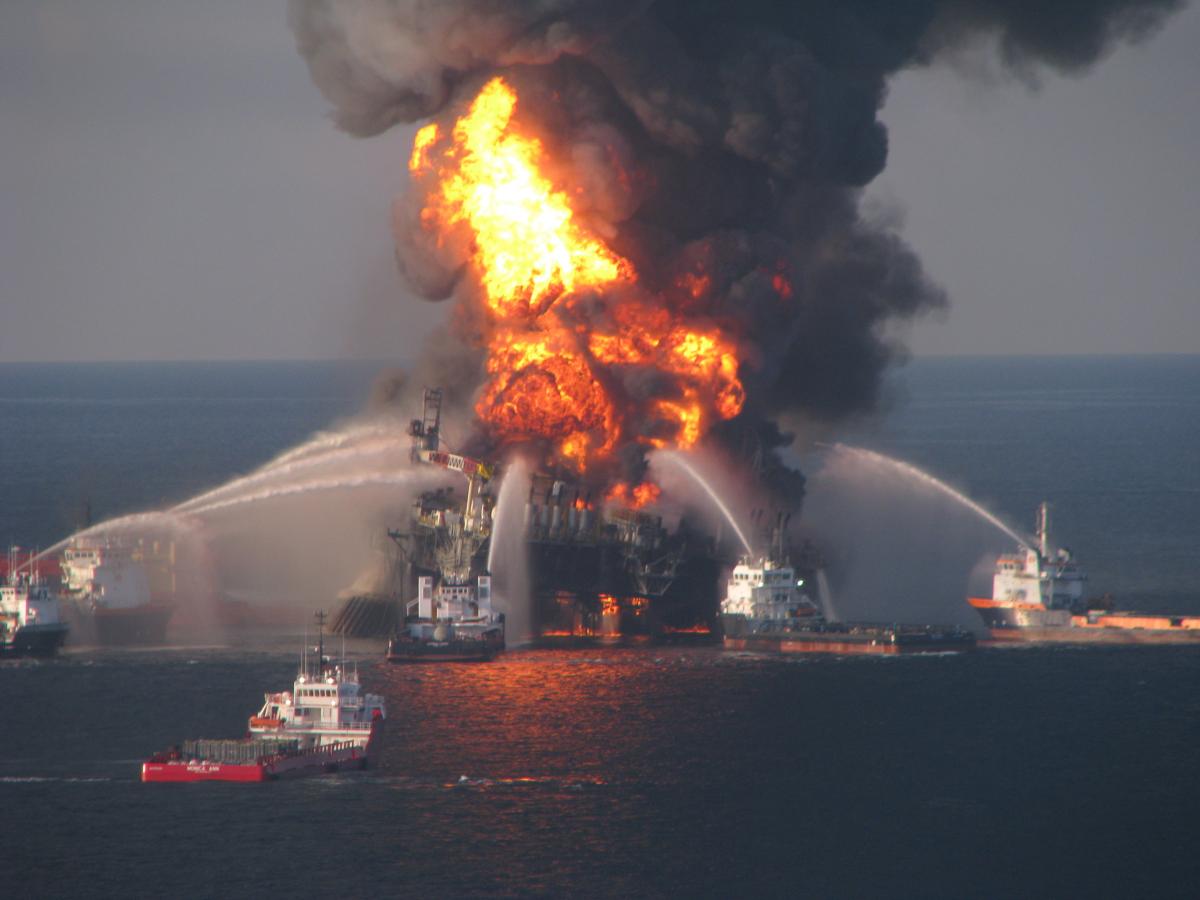
Deepwater Horizon Fire, 2010, EPI2oh
The last time expanding offshore oil drilling was proposed in US waters communities along every coast came together. From Florida to North Carolina to New York, they expressed alarm about the effects of large industrial facilities in the waters that support their way of life. They expressed alarm about the potential detriment to tourism, to wildlife, to fishing families, to whale watching, and to recreation. They expressed concern that failure to enforce safety and spill prevention measures could lead to more tragedy in the open waters of the Pacific, the Atlantic, and the Arctic. Finally, they were clear about their belief that risking the fisheries, the marine mammals, and the coastal landscapes is risking the legacy of our incredible ocean resources that we owe to future generations.
It is time for those communities, and for all of us, to come together again. We need to engage our state and local leaders in understanding just how important it is to direct our ocean future in ways that do not harm current economic activity.
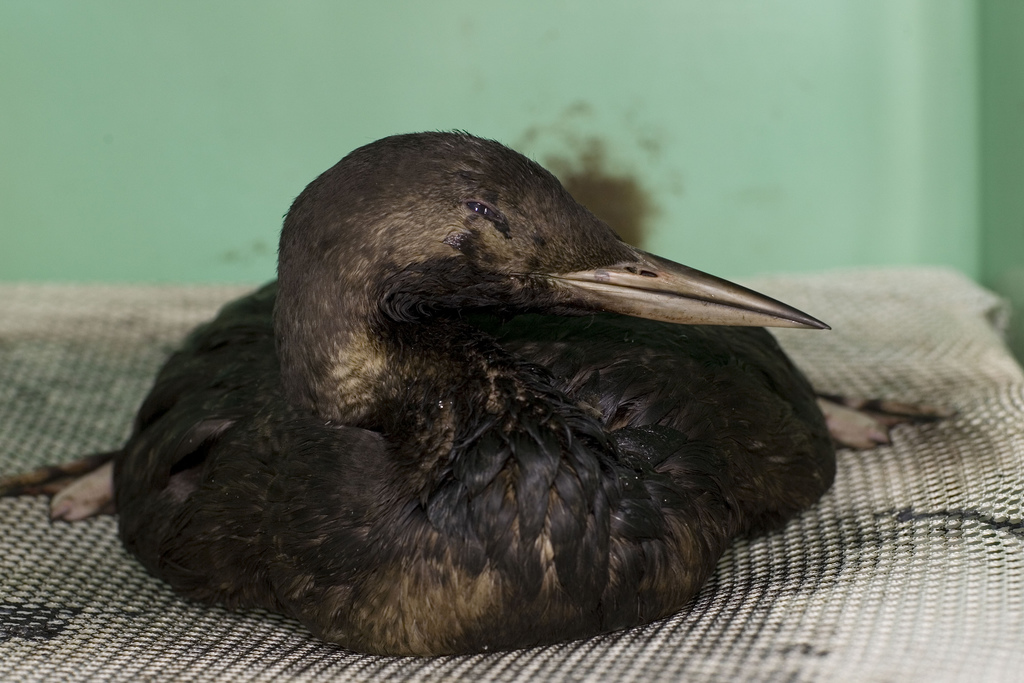
Loon covered in oil, Trish Carney/MarinePhotoBank
We need to ask why. Why should oil and gas companies be allowed to permanently industrialize our seascape for private profit? Why should we believe that open ocean offshore drilling is a positive step for America’s relationship to the sea? Why are we prioritizing such high-risk, harmful activities? Why would we change the rules that require energy companies to be good neighbors and protect the public good?
We need to ask what. What need of the American people makes expanding offshore oil drilling worth the risk to American communities? What guarantees can we really believe in as storms get more intense and unpredictable? What alternatives are there to oil and gas drilling that are compatible with healthy people and healthy oceans?
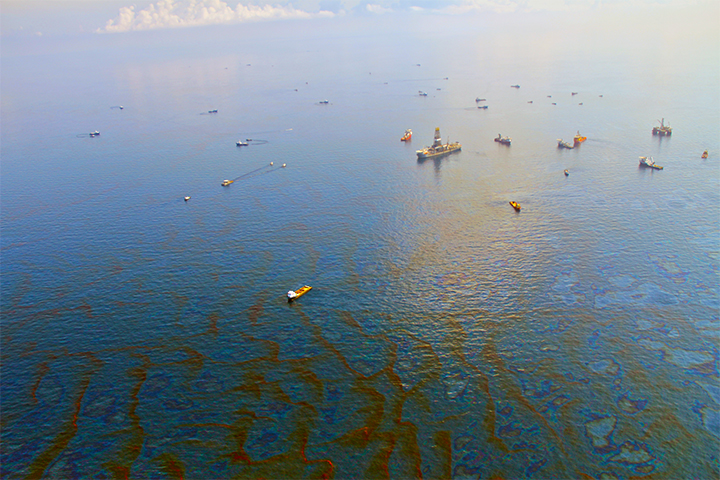
Day 30 of Deepwater Horizon oil spill in the Gulf of Mexico, 2010, Green Fire Productions
We need to ask how. How can we justify the harm to communities who depend on fishing, on tourism, and aquaculture? How can we prevent the decades of restoring fisheries, marine mammal populations, and coastal habitat by eliminating the rules that support good behavior?
We need to ask who. Who will come together and oppose the further industrialization of American waters? Who will step up and speak for the future generations? Who will help ensure that our coastal communities can continue to thrive?
And we know the answer. The livelihoods of millions of Americans are at stake. The well-being of our coasts is at stake. The future of our ocean and its capacity to produce oxygen and moderate our climate are at stake. The answer is us. We can come together. We can engage our civic leaders. We can petition our decision makers. We can make it clear that we stand for the ocean, for our coastal communities, and for future generations.
Pick up your pen, your tablet, or your phone. 5-Calls makes it easy to contact your representatives and voice your concerns. You can also fight the threat and sign our CURRENTS petition on offshore drilling and let decision makers know that enough is enough. America’s coasts and ocean are our heritage and our legacy. There is no need to give big international corporations unfettered access to our ocean. There is no need to risk our fish, our dolphins, our manatees, or our birds. There is no need to disrupt the waterman’s way of life or risk the oyster beds and sea grass meadows on which life depends. We can say no. We can say there is another way.
It is for the ocean,
Mark J. Spalding, President
